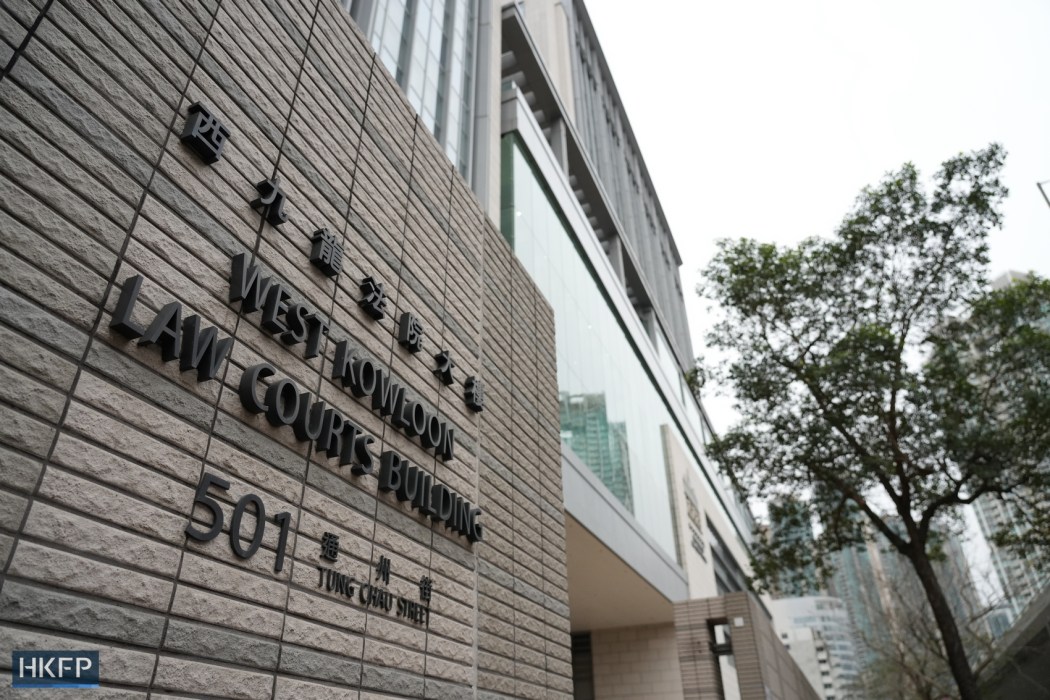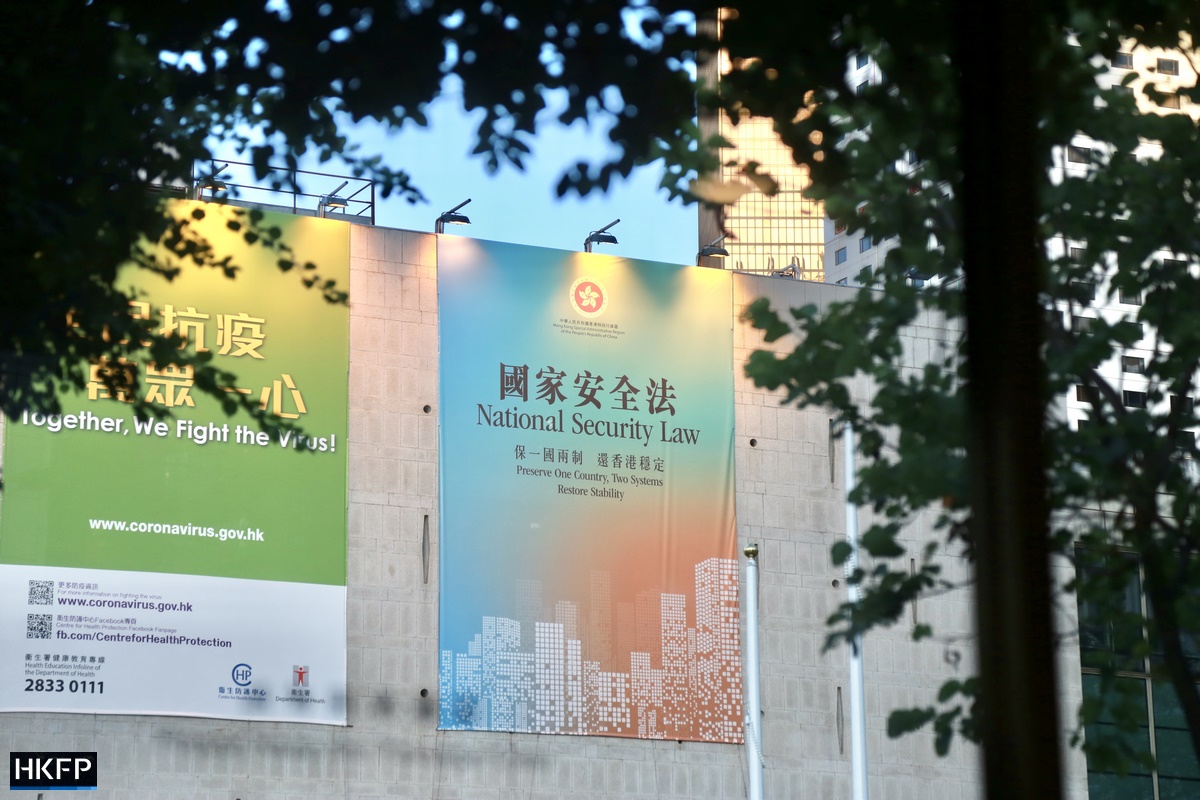The prosecution in Hong Kong’s landmark national security trial involving 47 democrats have said the intention to veto the government budget and force the city’s leader to step down constituted the common law offence of misconduct in public office. Because of this, statements made by co-conspirators prior to the security law’s enactment should be admitted as evidence, prosecutors argued.

Prosecutor Anthony Chau said during the trial on Monday that a “common purpose” had been agreed on in late January 2020, when a meal gathering was held involving primary organisers Au Nok-hin and Benny Tai. The purpose, he said, was for lawmakers to indiscriminately veto the budget and trigger a government shutdown.
“Right from the beginning to the end, it remained the same,” Chau said.
The national security law was enacted by Beijing on June 30, 2020 in response to large-scale protests and unrest that began in the summer of 2019. The then-chief executive Carrie Lam said the law would not be retroactive, or target acts done before its promulgation.
Chau’s claim came as the high-profile trial entered its 59th day. The court discussed the use of the co-conspirator’s rule, which allows for statements made by an alleged co-conspirator to be admitted as evidence against all involved.

The judges questioned why it had taken the prosecution so long to reveal that they would be using a common law offence as a basis to argue for the application of the rule prior to the national security law.
“You have been sitting on this case for 2.5 years,” judge Andrew Chan said,
Chau said the prosecution was “not laying a charge of misconduct of public office.” Instead, they were raising it to “show that there was in fact the same common purpose shared by defendants since January.”
“We know you’re not talking about laying a charge under the common law. We’re talking about fairness,” judge Alex Lee said.
A total of 47 figures from the city’s pro-democracy camp – among them ex-lawmakers and District Councillors – have been charged with conspiring to commit subversion linked to primary elections held in July 2020 ahead of the Legislative Council polls, which were later postponed due to Covid-19.

Most have been detained since being taken into police custody on February 28, 2021. Only 13 of the 47 defendants are currently on bail and are subject to a list of restrictions, including curfews, being barred from giving media interviews and from contacting foreign politicians or government officials.
Not an ‘ambush’
The legal disputes over the application of the co-conspirators’ rule came two months after the prosecution revealed in court that they had put together a list of evidence they intended to use under the principle.
It was revealed then that the document contained 25 pages and included articles written by different defendants published by various news outlets. It also covered Facebook posts, video clips and video transcripts, the prosecutor said.
Since then, the prosecution has named three co-conspirators – former district councillor Choy Chak-hung, ex-chief officer of pro-democracy group Power for Democracy Luke Lai and former lawmaker Dennis Kwok.
Speaking after Chau, prosecutor Jonathan Man Tak-ho said that by only raising the matter now, the prosecution was “not doing this to ambush anybody.”

“We’re talking about the use of evidence, not the evidence itself. That is the reason why we would not confuse the tribunal about this technical issue in our opening,” Man added.
When asked if he believed the cross-examination of prosecution witnesses would have been done differently had the defence known that the primaries amounted to the offence, Man said he did not think so.
Barrister Erik Shum said he “did not see anything more unfair” than the prosecution raising the common law point at this late stage.
Shum added that there were “many chances” for the prosecution to have done so earlier, including during their opening statement and when it said two months ago that it had a list of evidence that would be examined under the rule.
The trial against the 16 democrats who pleaded not guilty to the subversion charge is taking place before three handpicked national security judges and no jury, signalling a departure from Hong Kong’s common law legal system. The 29 who have pleaded guilty will be sentenced after the 90-day trial has concluded. All of the defendants face up to life imprisonment.
Correction 30/5/23: An earlier version of the article stated that barrister David Ma spoke. The speaker was Erik Shum. We regret the error.
Support HKFP | Policies & Ethics | Error/typo? | Contact Us | Newsletter | Transparency & Annual Report | Apps
Help safeguard press freedom & keep HKFP free for all readers by supporting our team
























